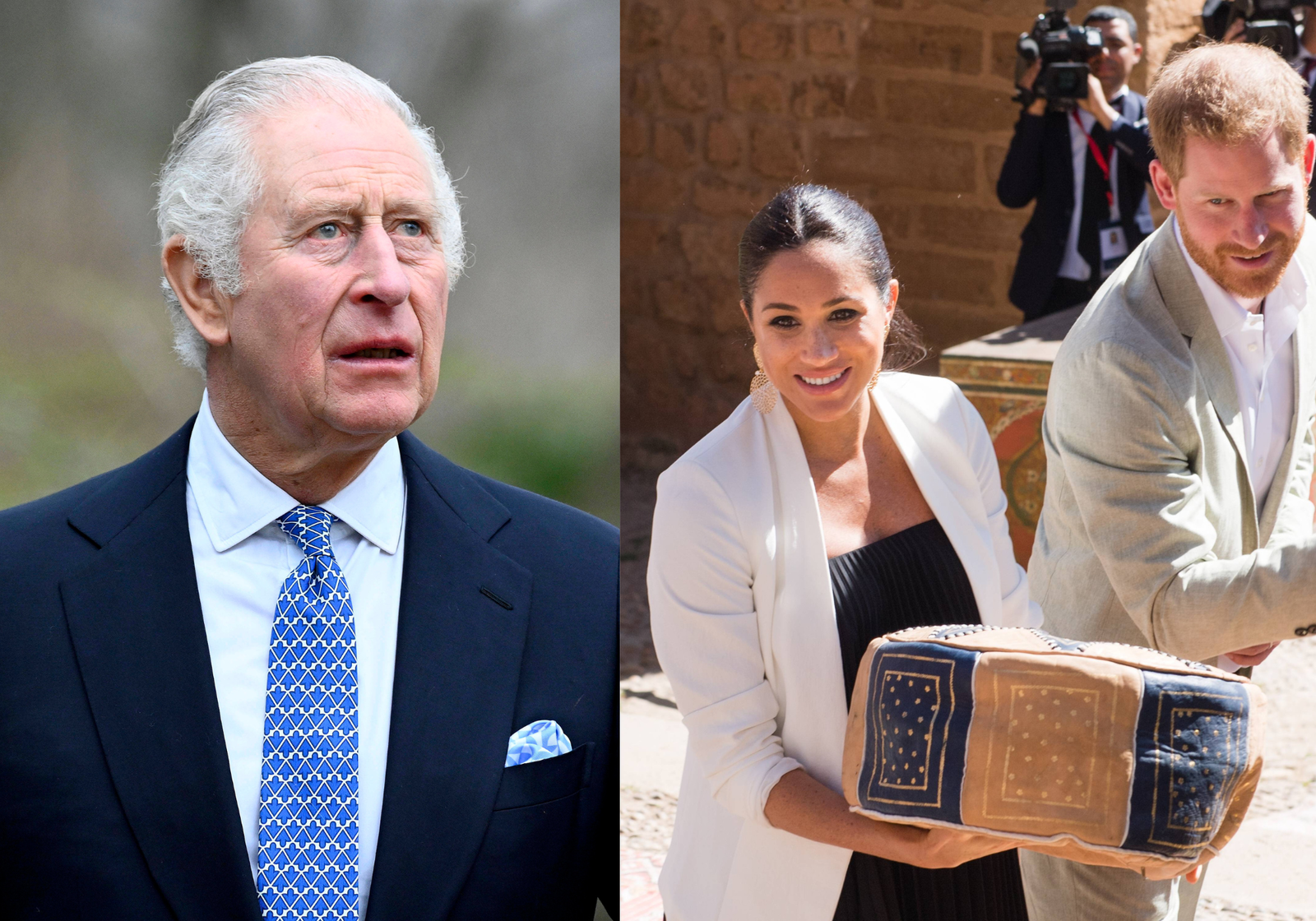In a striking continuation of last year’s trend, the royal family has once again opted not to publicly acknowledge Meghan Markle‘s birthday.
This decision has raised eyebrows and sparked discussions, particularly as it deviates from long-standing royal customs.
It seems that the media is labeling this as a deliberate snub, leaving many to wonder about the underlying motivations.
As we dive into this topic, it’s essential to consider Meghan’s own remarks on the matter.
On the same day the royal family’s silence made headlines, Meghan was quoted saying she has “barely scratched the surface” of her experiences with the royals.
This statement adds a layer of intrigue, suggesting there may be much more to her story than what has already been shared.
Thinking like a lawyer, I can’t help but dissect these comments.
Meghan has already opened up in high-profile interviews, such as the one with Oprah, and through her memoir, “Spare.”
The hint of more revelations to come feels almost like a veiled threat.
What could she possibly have left to say?
This leads to questions about the potential implications for both her and the royal family.
Historically, the royal family has maintained a low profile when it comes to legal disputes, rarely taking action against defamatory statements.
However, if Meghan’s upcoming comments are damaging enough, they could prompt a legal response.
The royal family might find themselves considering their options if her words threaten their reputation.
The absence of birthday wishes likely didn’t come as a shock to Meghan.
It’s plausible that some form of communication exists behind the scenes, even if it doesn’t make it to the public eye.
Given the ongoing tension and the potential for new revelations, the royals are probably well aware of the stakes involved.
As a British citizen who respects the monarchy, I find Meghan’s insinuation that she has more negative experiences to share troubling.
Without elaborating on her claims, it becomes challenging to assess their validity or impact.
If she has grievances, they deserve to be articulated clearly, allowing for a proper understanding and response.
When someone makes broad statements about their negative experiences, it can create an impression that may not reflect the entire truth.
For instance, if I were to say I had a terrible experience with someone without detailing the specifics, it would leave listeners to draw their conclusions based on limited information.
In the realm of defamation, context is crucial.
Meghan’s vague assertions leave room for speculation, which can be damaging.
If she continues to make ambiguous claims without naming names or providing details, it raises questions about fairness and accountability.
How can anyone defend themselves against allegations that lack specificity?
The famous adage “never complain, never explain” has long been the royal family’s mantra.
However, should further damaging statements emerge, they might need to reconsider this approach.
While there may be truth in Meghan’s experiences, the lack of clarity leaves the royal family vulnerable to public perception.
The media plays a significant role in shaping the narrative around these events.
They report on what garners attention, and Meghan’s comments certainly fit that bill.
It’s not surprising that outlets are eager to cover this unfolding drama, as it captivates audiences and keeps the conversation alive.
As we reflect on the complexities of this situation, it’s clear that both Meghan and the royal family are navigating a delicate landscape.
The interplay of public sentiment, personal experiences, and media coverage creates a narrative that is hard to untangle.
Each new revelation adds another layer of complexity to an already intricate story.
While many are eager to hear more from Meghan, it’s essential to approach her statements with a critical eye.
The absence of detailed accounts makes it difficult to form a complete picture.
Until she provides more context, we’re left with questions and assumptions about the nature of her experiences with the royal family.










